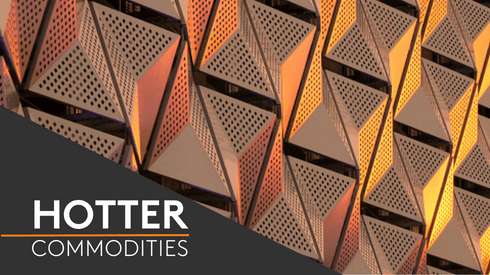The two companies have signed a memorandum of understanding (MoU) to explore how to embed low-carbon aluminium into BMW’s supply chain, under which Rio Tinto will look to provide responsibly sourced aluminium to the BMW’s vehicle production plant in Spartanburg, South Carolina, for use in body components from 2024.
Low-carbon primary aluminium from Rio Tinto’s hydro-powered operations in Canada, combined with recycled content, could generate a reduction of up to 70% in CO2 emissions compared with the BMW Group’s benchmark for aluminium, it said.
Rio Tinto’s carbon-free smelting technology for aluminium enables the production of metal without direct carbon dioxide emissions during the smelting process, instead emitting pure oxygen.
“The agreement to supply low-carbon aluminium is based on several pillars: in addition to hydroelectric power and secondary material, we also want to lead the automotive industry by ramping up our use of aluminium with no direct CO2 emissions from the smelting process,” Joachim Post, responsible for Purchasing and Supplier Network at BMW, said.
In response to the growing aluminium sustainability sector, Fastmarkets launched low-carbon aluminium differentials for primary aluminium and value-added products to provide more transparency in the market.
Fastmarkets’ monthly assessment of the aluminium low-carbon differential, value-added product, Europe was $5-25 per tonne on February 3, widening up from $5-15 per tonne at its launch in March 2021.
Consumer interest in sustainability and the emissions profile of the materials used to build their cars is growing, with producers developing and offering new products to meet this demand. BMW also has green metal agreements with aluminum producer EGA to be used at its Plant Landshut in Germany.





